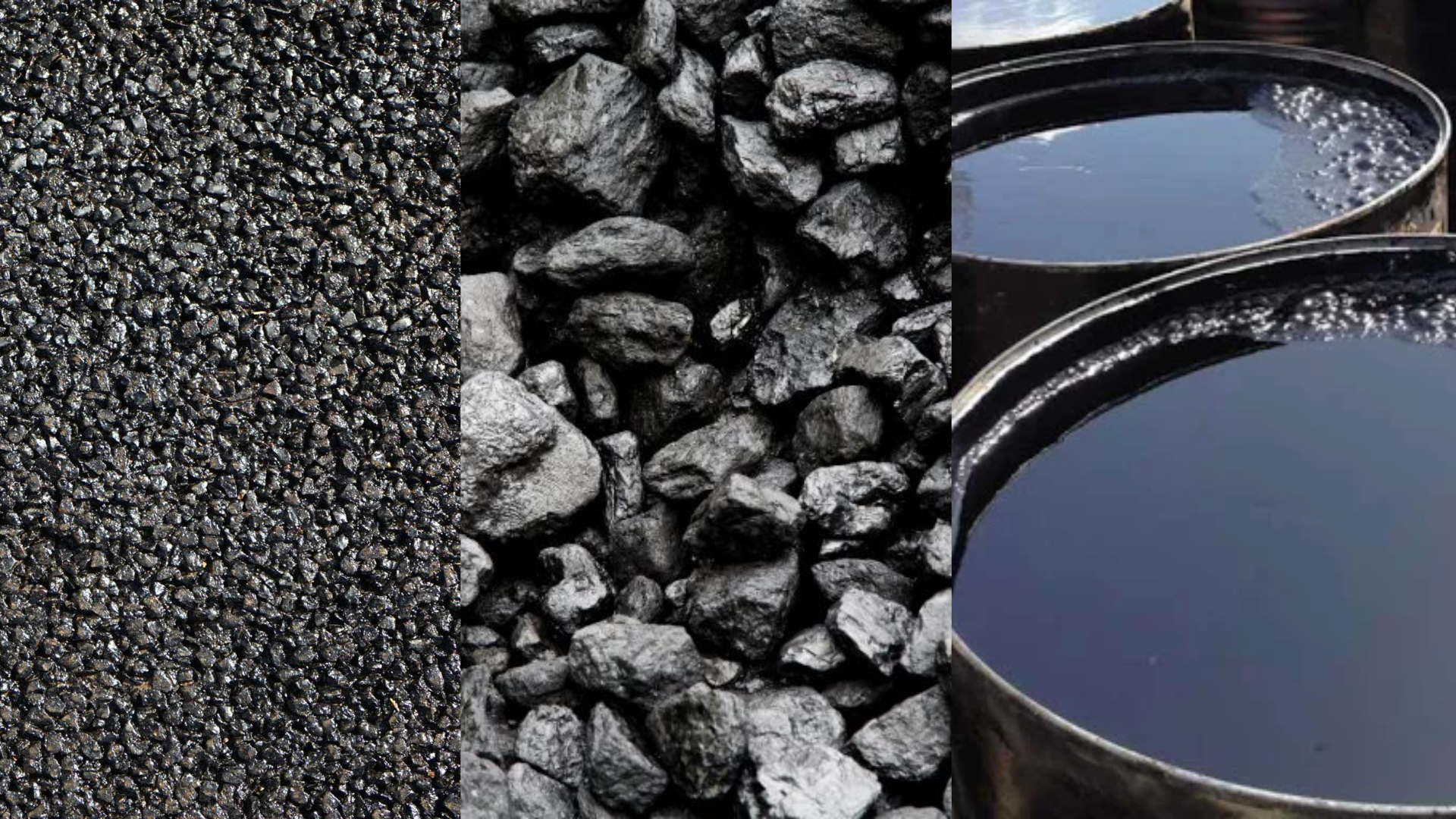Open Superior Angled Parking Effectiveness with Specialist Paving Services
Open Superior Angled Parking Effectiveness with Specialist Paving Services
Blog Article
Discovering the Ecological Advantages of Warm Mix Asphalt
The use of Hot Mix Asphalt in facilities jobs offers a compelling instance for sustainable development and environmental stewardship. By delving into the complex information of its production processes and the cutting-edge usage of recycled materials, a much deeper understanding emerges of just how this innovation surpasses plain surface applications. The environmental benefits of Warm Mix Asphalt expand far past first impressions, using a nuanced perspective on how this material can lead the way for a greener future.

Minimized Greenhouse Gas Emissions
The manufacturing process of Hot Mix Asphalt includes heating the mixture of aggregate and asphalt binder to high temperature levels. By incorporating recovered asphalt pavement and recycled asphalt roof shingles into the mix, the demand for virgin materials is decreased, leading to power savings and lowered exhausts associated with extraction and processing.
Researches have revealed that Hot Mix Asphalt sidewalks have a smaller sized carbon impact over their life process contrasted to other pavement alternatives. The durability and recyclability of Warm Mix Asphalt additionally improve its environmental benefits by minimizing the requirement for frequent upkeep or substitute, thereby conserving sources and decreasing emissions connected with repair activities.
Power Performance and Conservation
The manufacturing process of Hot Mix Asphalt not just reduces greenhouse gas emissions however likewise adds substantially to energy efficiency and conservation efforts. Energy effectiveness is an essential advantage of Warm Mix Asphalt production compared to various other sidewalk kinds. The longevity of Warm Mix Asphalt lowers the regularity of upkeep and repair, leading to long-term power financial savings.
Lasting Pavement Solutions

One secret element of sustainable sidewalk solutions is the use of recycled materials such as reclaimed asphalt sidewalk (RAP) and recycled asphalt roof shingles (RAS) By including these materials into the asphalt combinations, the demand for virgin resources is decreased, causing lower energy consumption and greenhouse gas discharges throughout production. Furthermore, the reuse of these products helps draw away waste from landfills, adding to a more lasting and circular economic climate.
Additionally, sustainable sidewalk options focus on optimizing pavement style to boost performance and long life. Techniques such as cozy mix asphalt (WMA) and rock mastic asphalt (SMA) enhance the longevity and resilience of pavements, decreasing the need for constant repair services and replacements. By applying these innovative techniques, framework programmers can develop sidewalks that not only meet high-performance criteria however also minimize their ecological footprint.
Minimized Environmental Effect
Hot mix asphalt, in particular, uses a number of advantages that contribute to hot mix asphalt lowering the total ecological footprint of road infrastructure. One vital aspect is the recyclability of asphalt, which can be reused numerous times without jeopardizing its high quality - Regrading.
Moreover, the production of hot mix asphalt sends out reduced degrees of greenhouse gases compared to various other sidewalk products, making it an extra eco-friendly option. The energy efficiency of asphalt plants has actually also enhanced throughout the years, resulting in minimized fuel intake and reduced emissions. Furthermore, the smooth surface area of warm mix asphalt lowers rolling resistance for cars, leading to reduced fuel consumption and lowered air pollution from vehicle emissions.
Contribution to Climate Modification Mitigation
Warm mix asphalt plays a crucial duty in mitigating climate adjustment via its sustainable properties and reduced ecological influence. One substantial payment to climate change mitigation originates from the power performance of warm mix asphalt production. Contrasted to other pavement alternatives, the manufacturing procedure for warm mix asphalt eats less power and releases lower degrees of greenhouse gases, thus minimizing its overall carbon impact.
In addition, warm mix asphalt's ability to mirror sunlight, referred to as albedo, helps in lowering urban heat island impacts. By decreasing warmth absorption and retention, warm mix asphalt sidewalks can lower the demand for air conditioning in urban locations, consequently lowering greenhouse gas exhausts linked with energy consumption for cooling down purposes.
Furthermore, the sturdiness and recyclability of warm mix asphalt additionally boost its environment adjustment reduction abilities. Regrading. The long life-span of asphalt pavements minimizes the need for constant fixings or substitutes, ultimately decreasing the carbon exhausts linked to road maintenance tasks. Additionally, the recyclability of asphalt products minimizes the demand for virgin sources and reduces the environmental influence of pavement building and construction, lining up with sustainable methods for climate adjustment reduction.
Verdict
Finally, the ecological benefits of Hot Mix Asphalt show its considerable contribution to minimizing greenhouse gas discharges, saving power, and minimizing environmental influence. This sustainable sidewalk service lines up with climate adjustment reduction efforts, promotes source preservation, and boosts framework advancement. By utilizing recycled products, energy-efficient production processes, and long lasting design, Hot Mix Asphalt plays an essential role in cultivating a much more ecologically pleasant technique to framework building and construction.
The production process of Warm Mix Asphalt entails heating the blend of accumulation and asphalt binder to high temperatures. By incorporating recovered asphalt sidewalk and recycled asphalt shingles right into the mix, the need for virgin products is minimized, leading to energy financial savings and lowered emissions linked with extraction and processing.
One key aspect of lasting pavement remedies is the use of recycled materials such as recovered asphalt pavement (RAP) and recycled asphalt tiles (RAS) Techniques such as cozy mix asphalt (WMA) and rock mastic asphalt (SMA) boost the resilience and strength of sidewalks, decreasing the demand for frequent repair services and substitutes. Compared to various other sidewalk options, the production procedure for hot mix asphalt eats much less energy and emits lower levels of greenhouse gases, thus decreasing its overall carbon impact.
Report this page